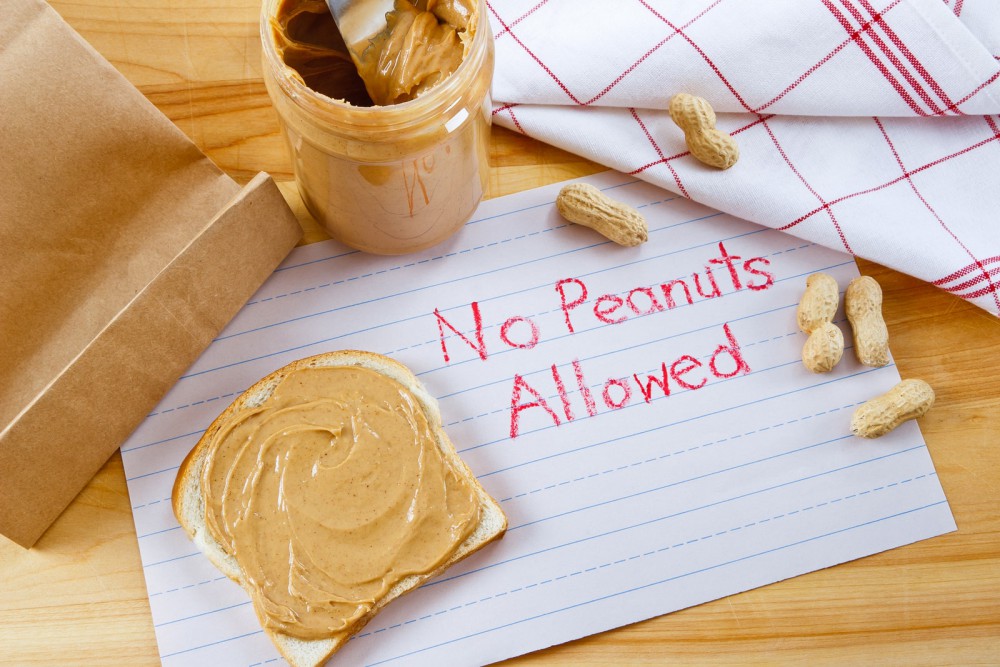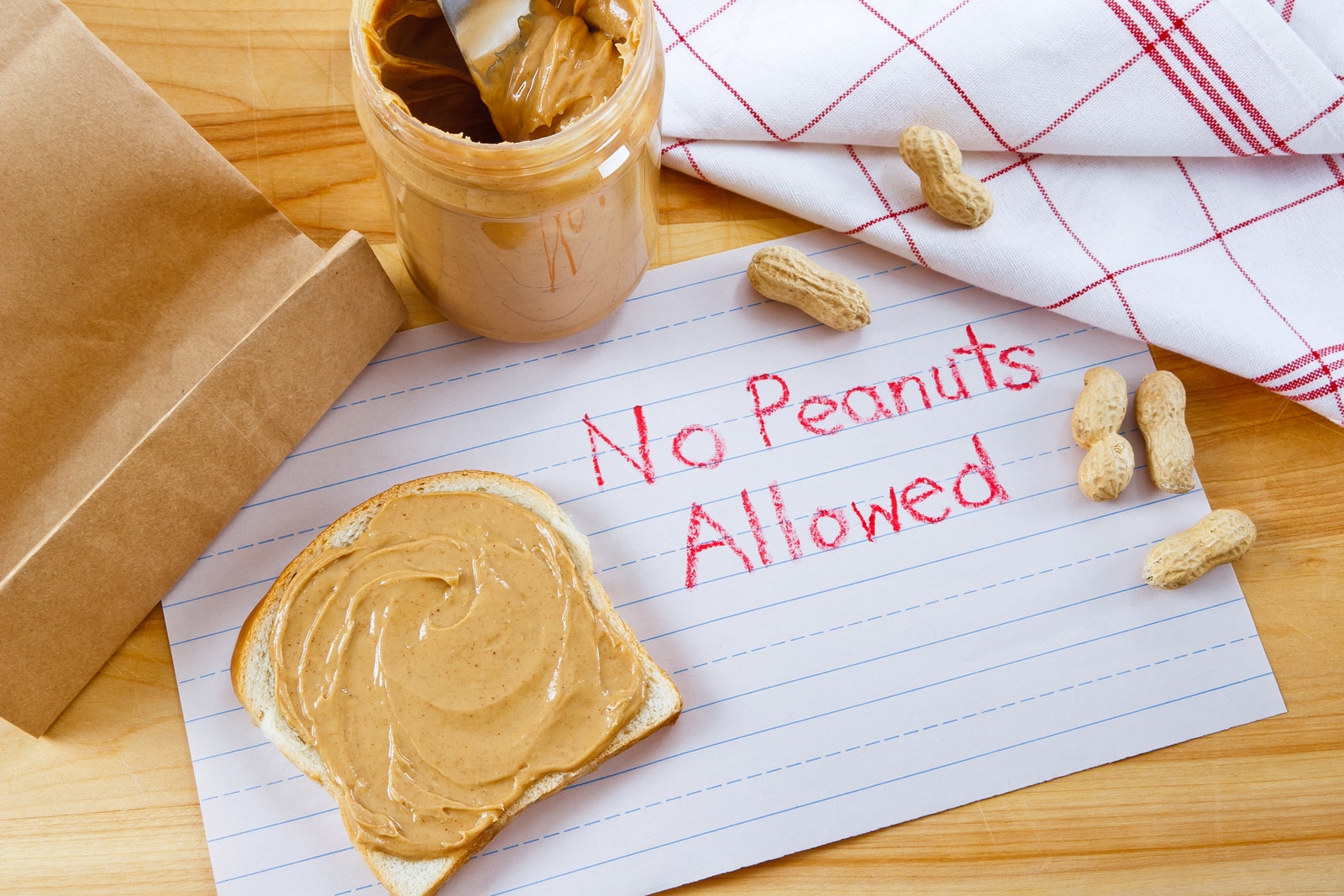
The growing number of peanut allergy cases could be curtailed by a common food.
That would be peanuts themselves.
A March 2016 study published in the New England Journal of Medicine concluded that introducing peanuts to infants at a high risk for allergies significantly reduced the subsequent rate of peanut allergy. The study was a follow-up to an earlier study also published in the Journal.
In the initial study, 640 infants (ages 4-10 months) were randomly assigned to consume or avoid peanuts until they turned five years old. Those who consumed peanuts ate a snack food containing peanuts at least three times each week, according to the Immune Tolerance Network’s (ITN) Learning Early About Peanut (LEAP) study.
Study results
Approximately 17% of the children who did not consume peanuts developed peanut allergies, while only 3.6% of the group that ate peanuts did so.
“For decades allergists have been recommending that young infants avoid consuming allergenic foods such as peanut to prevent food allergies,” said King’s College London Professor Gideon Lack, M.D., the lead investigator for the LEAP study. “Our findings suggest that this advice was incorrect and may have contributed to the rise in the peanut and other food allergies.”
In the follow-up study – with more than 500 children from the original study participating – all subjects were told to avoid eating peanuts for the next 12 months.
Afterward, there was a slight increase in peanut allergies (to 4.8%) for those children which had previously consumed peanuts, while the allergy rate for those who didn’t eat peanuts in the original study climbed to 18.6%.
The American Academy of Pediatrics changed its recommendations after the first study and now recommends parents give infants peanuts before their first birthday.
You Might Also Enjoy: Study: Greater Risk of Heart Disease to Those with Low Income
About allergies
Rates of peanut allergies tripled between 1997 and 2008, according to the Centers for Disease Control and Prevention, which noted that, in some cases, children can suffer a potentially life-threatening reaction called anaphylaxis.
In response, some schools have been declared peanut-free zones, and children have learned to carry epi-pens to combat possible reactions. Now, peanuts must be clearly labeled in food, as per Food and Drug Administration (FDA) regulations.
Here are some more allergy facts from The Peanut Institute and Food Allergy Research & Education (FARE):
- Between 0.6 % and 1.0% of people have a peanut allergy, which can vary from mild to severe.
- Nine in 10 food allergies are caused by tree nuts, peanuts, milk, eggs, fish, shellfish, wheat and soy.
- Up to 15 million Americans have food allergies, including one of every 13 children under the age of 18.
- Food allergy reactions send more than 200,000 people to the emergency room every year.
- Children’s food allergies pose an economic cost of almost $25 billion annually.
Expect to see further studies on the subject, as scientists are working to solve other common food allergies.
“We need more research to better understand the mechanisms behind the development and prevention of allergic responses to peanut, and how this might translate to other food allergies,” said study co-author Dr. George Du Toit, a consultant in pediatric allergy at Guy’s and St. Thomas’ NHS Foundation Trust and King’s College London.









